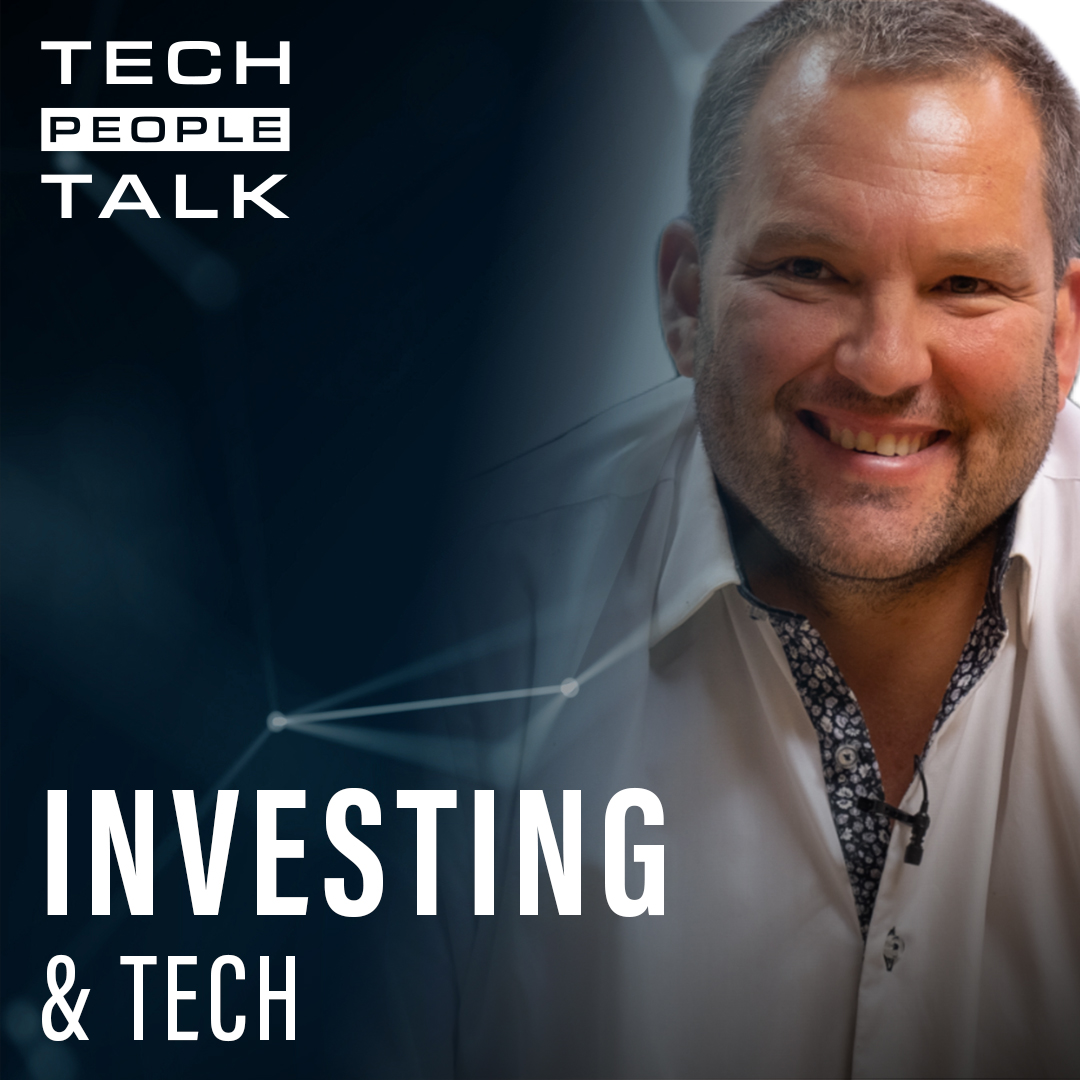09:13 – Siegfried’s early trading day
- Siegfried began trading while doing his articles at university, and he told us he had always been interested in the stock market.
- He needed money to start trading, but his starting salary as an Article Clerk at Deloitte was R3200 per month.
- He then persuaded his father to sign surety for him to obtain a R70 000 student loan from Absa.
- He began trading with the R70 000, despite having no prior expertise and no idea what he was doing.
- Because the R70K wasn’t enough to acquire significant shares, he used derivative instruments to gain access to between R400K and R500K market exposure.
- The drawback of this was that he risked losing up to R500K that he didn’t have.
- As a result, he began trading what were known as warrants, and he began studying what they were all about.
- Around the time of the dot.com boom’s demise, one of his trades was a success, and the R70K rose to around R250K.
- Given his first-year Article Clerk salary, even earning R12K to R14K at the time was a significant feat.
- The financial catastrophe occurred during this period, and the R250K became zero. During that period, he lost all of his earnings, including the R70K he obtained as a loan.
- He then asked his pal if he could borrow another R70K, which he accomplished by having his mother sign surety, and he resumed his trading activities.
- He planned to complete his regular work quickly so that he could devote his energies to trading.
- When he met clients, he took advantage of the chance to learn about their business. He would look at the business and attempt to figure out what he would do if he were the owner. Knowing about business would help him improve his trading skills.
- “Trading isn’t just about the statistics,” he explained. “You have to learn about the business, the value, and the feeling,” he said, adding that he learned a lot while getting started.
- “Nothing teaches you more than putting your best foot forward and taking a chance.”
- Siegfried and his partner fared well in trading and, by the time he moved to the USA, his pay had risen to R15K, and he was handling four times the amount from trades.
- He moved to the United States to work for eight or nine months, but he soon realised that he didn’t want to work in auditing and instead wanted to start his own firm.
21:07 – Investing and financial advice
- Siegfried believes that younger generations are excessively focused on instant gratification, which is especially true when it comes to money.
- He argues that accumulating riches is straightforward, and the words he is sharing with others are ones that he has believed for a long time.
- The trick is to save as much money as possible and invest it in the stock market over a 20-year period.
- He stressed the need for investing on a monthly basis.
- He stated that, in order to produce riches, two things are required: time and discipline.
- Credit management and long-term debt are also significant.
30:49 – Advice for the small business owner starting out
- According to Siegfried, a few things are required: a strong managing director and a good finance person.
- He said that you need to find and hire a young CA, pay them well, and offer them equity while avoiding doing everything yourself.
- Don’t be scared to take chances.
32:16 – The skill necessary to manage people
- He said that trust is essential in dealing with and managing people.
- “I trust you until I don’t trust you,” he said and emphasised the importance of giving people the benefit of doubt.
- The general rule he uses is to look at what is best for the collective and not the individual.
36:57 – Why is the Tesla stock valued so high?
- Siegfried said the markets value Tesla as a tech company.
- The whole market value is around market sentiment where we are buying the future and potential of Tesla, he said.
- The conversation was around whether Tesla is a tech company or a car manufacturing company.
- The Tesla business model is not the same as that of tech companies like Apple and Facebook and getting the same user numbers as companies like Netflix etc, is a long shot.
- The other element to the stock evaluation is sentiment around Elon Musk himself.
- Now that he wants to buy Twitter, his share price has decreased because of a few factors Siegfried mentioned.
53:53 – What happened to companies like Blackberry and Nokia?
- These companies didn’t want to adapt with the times, similar to Kodak, which was first presented with the idea of the first digital camera and the board rejected it.
- What Apple has been able to do is continue innovating and creating value for the customer.
56:40 – Facebook, Netflix and subscription business.
- The business model of Facebook is not sustainable, because the problem with Facebook is that the customer is the advertiser and we as the users are starting to use the service less, which makes the value of the ads decrease.
- People are realising that the algorithm keeping them on the platform is not serving them and hence there is a decline in usage.
- The more people get conscious of this fact, the more they discontinue their use.
01:14:16 – Legacy
- Siegfried said that he always wonders how many people will show up to his funeral because that will reflect how many people he has had an impact on.
- He also mentioned that he doesn’t want to be remembered as the guy who had a lot of money.
